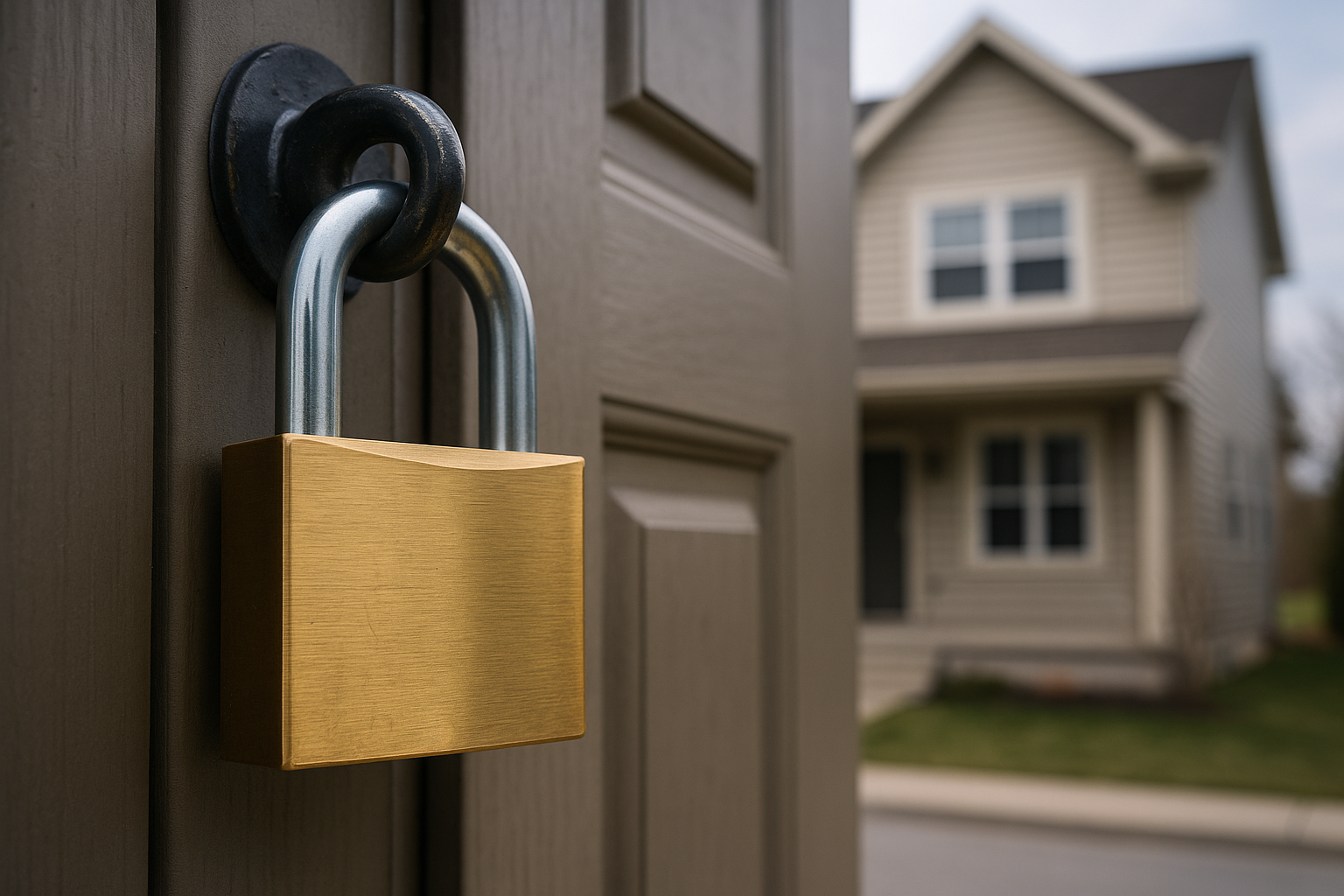Published on September 23, 2025
The exemption from seizure of property allows the debtor to retain certain essential assets despite creditor actions. This mechanism protects, for example, household furniture necessary for family life, work instruments, or part of the income. It does not completely eliminate creditors’ rights but sets clear limits to preserve the debtor’s dignity and the balance between subsistence and debt enforcement.

Learn more
The exemption from seizure constitutes an essential legal mechanism aimed at shielding certain debtor’s property or income from forced execution by creditors. It is based on the idea that a balance must be maintained between, on the one hand, the creditors’ right to obtain payment of their claims, and on the other hand, the need to preserve for the debtor and their family the means essential to subsistence and the exercise of a normal life. Exemption from seizure may be provided directly by law or result from an agreement, and it takes the form of relative exemption, which the debtor may waive, or absolute exemption, which applies without the possibility of waiver.
1. Distinction between statutory exemption from seizure and conventional exemption from seizure
Statutory exemption from seizure is provided directly by law, notably by the Civil Code of Quebec, the Code of Civil Procedure, or the Bankruptcy and Insolvency Act.
Conventional exemption from seizure, for its part, arises from a contractual stipulation respecting legal conditions.
2. Relative exemption from seizure and absolute exemption from seizure
We distinguish relative exemption from seizure, which allows the debtor to shield certain property from seizure or to choose which ones will be excluded. It may be waived.
Absolute exemption from seizure always applies, without the possibility of waiver. This is based on the principle that certain property is necessary for the debtor’s and their family’s life, or indispensable for the exercise of their profession.
Property that may be exempted from seizure at the debtor’s request
Certain property may be exempted from seizure if the debtor so requests:
Certain furniture (s. 694 para. 1 C.C.P.)
For furniture to be declared exempt from seizure, four conditions must be met :
- The property must furnish the principal residence (s. 77 C.C.Q.);
- It must be used by the household or the family in the context of domestic life;
- It must be necessary for a normal life;
- All exempt furniture must have a value of less than $7,000.
Work instruments (s. 694 para. 2 C.C.P.)
Four conditions must also be met :
- It must be a work instrument;
- The instrument must be necessary (essential/indispensable);
- It must serve the debtor’s personal activity;
- It must serve a professional, artistic, or liberal activity;
Property expressly declared exempt from seizure
Certain property is protected by an express provision of the law :
1. Vehicle (s. 695 C.C.P.)
The vehicle is exempt from seizure when it is essential to the debtor’s income or active job search. Moreover, it remains exempt if necessary for the debtor’s subsistence, health care, or education. It may also be protected when it supports the education or essential needs of dependents.
However, the bailiff retains discretion and may verify whether the debtor has other means of transportation.
2. Income (s. 698 C.C.P.)
The debtor’s income is only partially seizable, according to the formula (A-B) x C.
Letter A represents the debtor’s income. This includes wages, fees, pensions, retirement benefits, etc. Certain income, however, is excluded from the calculation.
Then, an amount (B) is deducted for the subsistence of the debtor and dependents. These amounts are fixed annually by the minister and are approximately :
- $373 per week for the debtor
- $149 for the first dependent
- $75 for each additional dependent
The normal rate in C is 30%. However, it is 50% if the seizure concerns a support debt, compensatory allowance, or division of family patrimony.
3. Principal residence
In principle, it is exempt from seizure. However, seizure remains possible in certain cases, including for :
- Enforcement of a support claim;
- Enforcement of another claim of at least $20,000, excluding legal costs;
- Enforcement of a claim secured by a priority or hypothec. In the latter case, where the hypothec results from a judgment, the amount must be at least $20,000, failing which its registration is only of conservatory effect.
Conventional exemption from seizure
Section 2649 C.C.Q., combined with s. 696 para. 2(2) C.C.P., allows the debtor to render property exempt from seizure by agreement, subject to the following conditions :
- The stipulation must be temporary (generally for less than 30 years);
- It must be made in a gratuitous act;
- It must be justified by a serious and legitimate interest (for example, keeping property within the family);
- It must be published in the appropriate register.
Conclusion
In short, exemption from seizure does not entirely exclude creditors from their enforcement rights. However, it establishes clear limits to protect the debtor’s dignity and stability of life. Thus, by regulating which property and income may or may not be seized, the legislator maintains a fair balance. This balance seeks to reconcile the effectiveness of creditor remedies with the essential protection of the debtor and their family.
If you wish to know whether your property or income may be protected by exemption from seizure, our team can advise you. Contact us today to obtain support tailored to your situation.